Can Muslims celebrate Chinese New Year?
Can Muslims celebrate Chinese New Year?
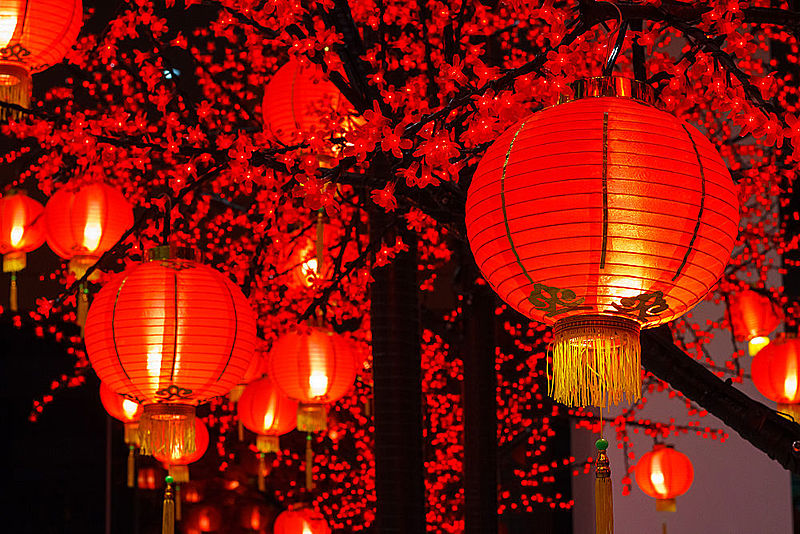
Cultural Diversity In Islam
Islam is a religion that celebrates diverse cultural traditions and practices. There is no cultural hegemony in Islam. The universal message of Islam demonstrates that Muslims of different cultural and ethnic backgrounds can continue to practice their traditions and harmonise it with the Islamic faith and practices.
Read: https://muslim.sg/articles/cultural-diversity-in-islam
During the nascent period of Islamic faith, Muslims of various cultural and geographical localities embraced this new faith while also maintaining their strong cultural identity. They were not Arabized just because they became Muslim. For example, the Companion Salman al-Farisi who was a Persian, continued to maintain his Persian name and even introduced some of the Persian practices to the Arab Muslims then.
Today, Islam continues to be embraced by billions of Muslims worldwide. In fact, the majority of Muslims are not living in the Middle East. The largest Muslim-majority country is Indonesia. There are millions of Muslims also living in China, with mosques established with distinct Chinese architecture.
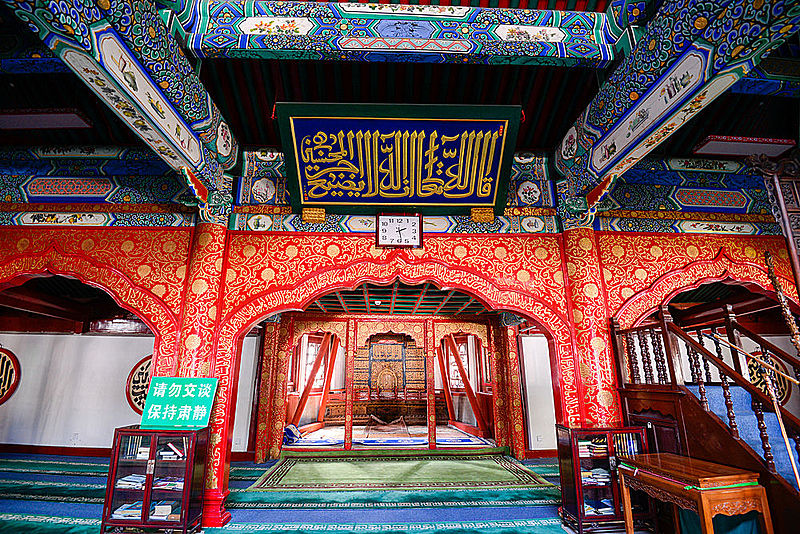
Importance of preserving cultural practices
In Singapore, although the majority of Muslims here are of Malay, there are other ethnic groups such as Indians and Chinese who also profess the faith of Islam. Many are biracial, such as Sakinah Rafiq Tan Hui Ling, and they celebrate both Hari Raya and the Chinese New Year occasions.
Read: https://muslim.sg/articles/celebrating-chinese-new-year-as-a-biracial-muslim-in-singapore
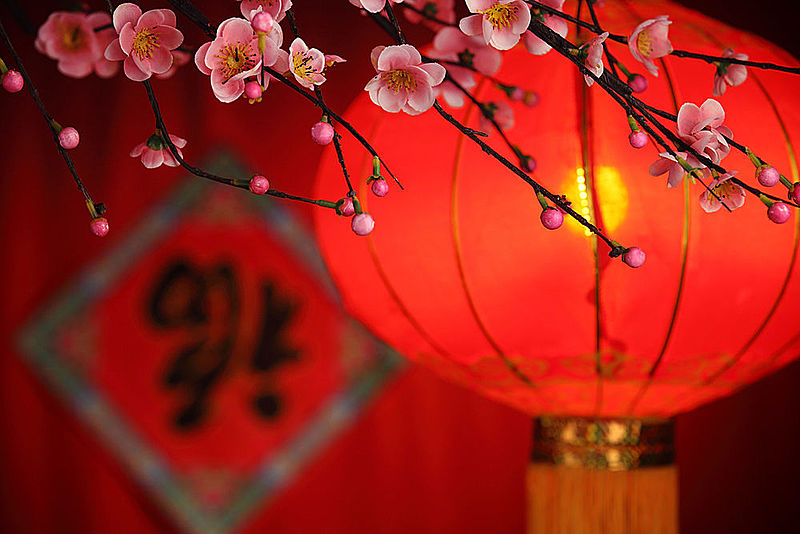
For the Chinese community in Singapore, celebrating Chinese New Year is an integral part of the Chinese cultural heritage. It is celebrated on the eve of the Lunar New Year by having reunion dinners, where families meet to rekindle bonds and enjoy each other’s company. It is followed by visitations the next day to strengthen bonds and ties with one another.
Being a Muslim does not mean one needs to forgo his/her cultural heritage. For a Chinese Muslim, the celebration of the Lunar New Year is an important occasion that expresses their ethnic identity. Furthermore, today, Chinese New Year is a cultural celebration and not essentially a religious ritual-based festival. Therefore, can Muslims celebrate Chinese New Year? The short answer is yes.
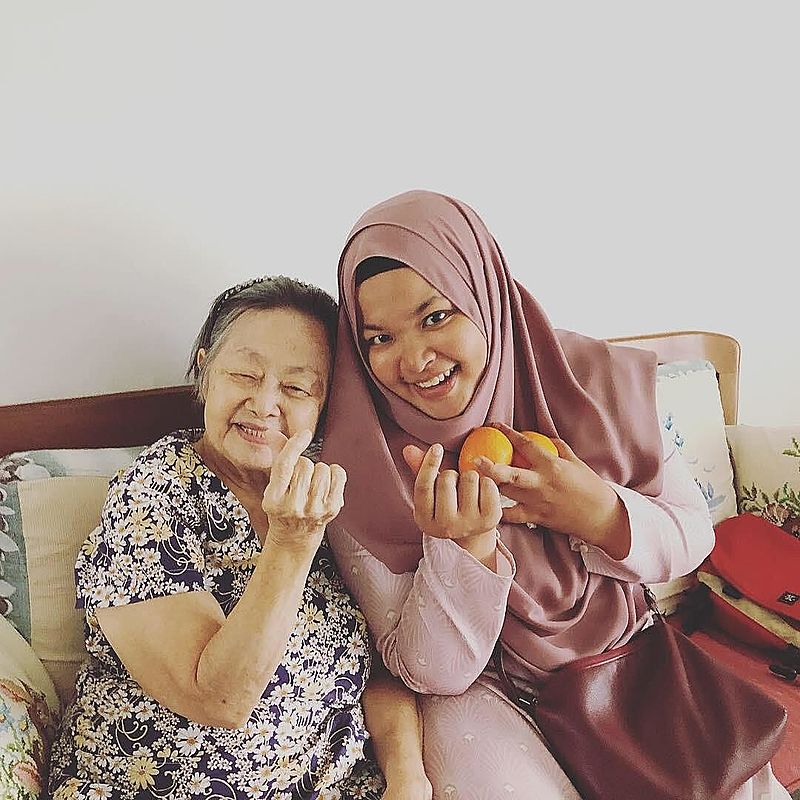
After all, Islam is not a faith that is confined to a single cultural entity. It is a faith that is relevant for all of humanity across time, place and ethnicity. It is not Islam's objective to eliminate cultural practices, rather it identifies and negates those that are not permissible or compliant with Islamic teachings, such as non-Islamic religious ritual practices.
In fact, the Prophet s.a.w. did not eliminate all pre-Islamic practices. For example, the pre-Islamic practice of Hilf Al-Fudhul or The Alliance of Virtue was highly regarded by the Prophet s.a.w. He even hoped to support other similar pacts after the advent of Islam. Rasulullah s.a.w affirmed this in a hadith:
لَقَدْ شَهِدْتُ فِي دَارِ عَبْدِ اللَّهِ بْنِ جُدْعَانَ حِلْفًا مَا أُحِبُّ أَنَّ لِيَ بِهِ حُمْرَ النَّعَمِ وَلَوْ أُدْعَى بِهِ فِي الإِسْلامِ لأَجَبْتُ
“I witnessed a pact of justice in the house of Abdullah ibn Jud’an that was more beloved to me than a herd of expensive red camels. If I were called to it now in the time of Islam, I would respond.”
(Sunan Al-Kubra by Imam Al-Bayhaqi)
This practice served the common good of the society as it affirmed the ethos of social justice. In Fathul Bari, the commentary to Sahih Bukhari, it was mentioned that “It is a just pact such as the Hilf al-Fudul, in which they agreed not to support oppressors over the oppressed in Makkah.”
Celebrating Chinese New Year
In our multicultural Singapore, Chinese New Year marks a momentous special occasion celebrated with rich cultural significance. In fact, it is not only celebrated by the Chinese community; this occasion and festivity may also involve members of other communities. For example, we may receive invitations in workplaces or from our neighbours to attend Chinese New Year events. As good neighbours, we may also wish to present our Chinese neighbours with Chinese New Year’s gifts, just as they give us Hari Raya gifts.
The Office of the Mufti, Muis provided guidance on this issue through their Contemporary Irsyad series. According to Office of the Mufti, even if a Muslim is invited to a function that has religious elements in it, he or she can still attend to observe the function and show their mark of respect, without participating in the ritual activities.
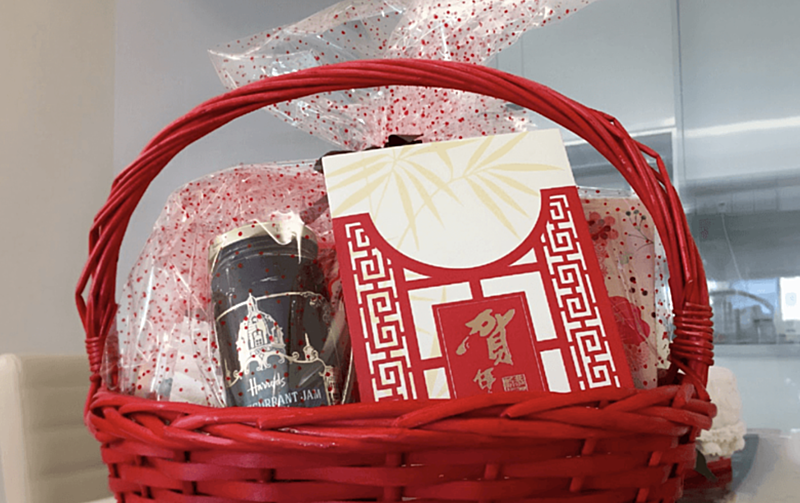
Exchanging oranges, tossing out yusheng, visiting the elders and giving out ang bao are not religious rituals but are among the cultural practices observed in celebrating the Lunar New Year. These practices should be seen as part of positive human interactions and relationships.
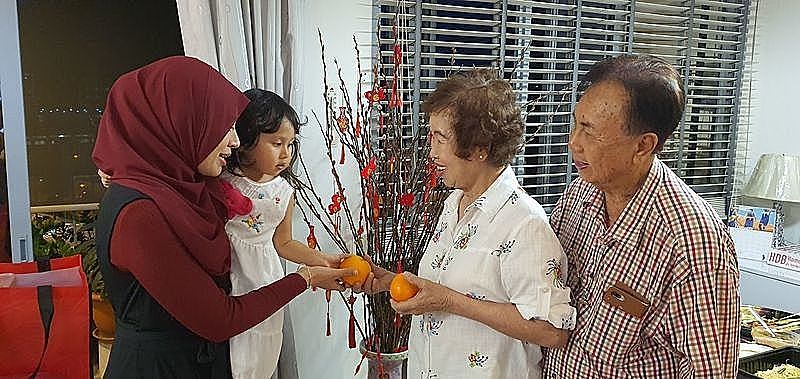
In an article published in Berita Harian, Ustaz Irwan Hadi explained that yusheng is a cultural dish that has no theological implication on one’s belief. Therefore, it is okay for Muslims to take part in this cultural activity, especially today, where there are halal yusheng being offered.
Ustaz Irwan wrote that it is a symbolic cultural expression in ushering for a prosperous year ahead. He also quoted the view expressed by the former Federal Mufti of Malaysia who expressed permissibility for Muslim to be part of this cultural activity.
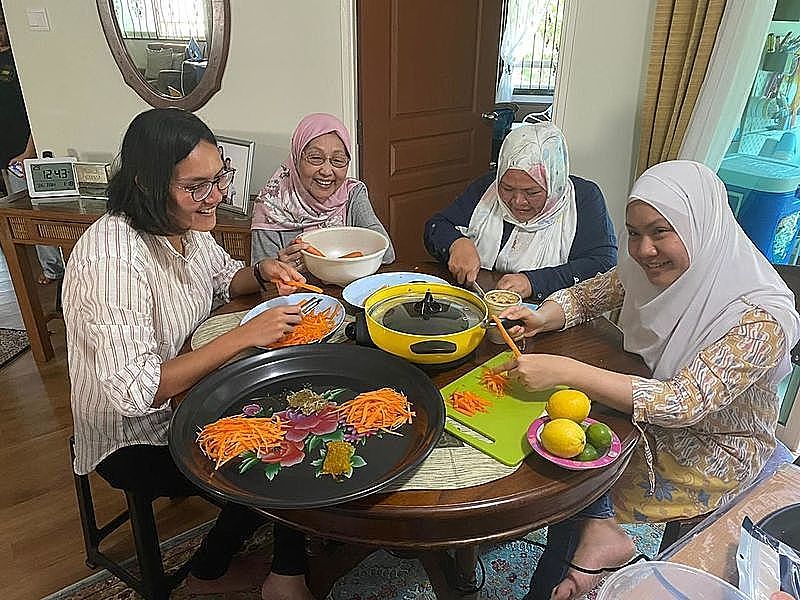
In conclusion, there needs to be a clear understanding and distinction between what is a religious ritual and a cultural celebration. We hope this article has managed to offer a better understanding of this matter.
With the new regulations for visitations today, we hope the celebration continues to offer smiles and joy between family members and neighbours alike as we wish a happy new lunar new year for the Chinese community.
May Allah s.w.t. continue to pour the blessings of peace and wellbeing in our society and guide us to that which pleases Him and grants us His mercy.
And Allah knows best.
Happy Lunar New Year and Gong Xi Fa Cai!
*This is an updated article, with contribution from Ustaz Aiman Khalid, Asatizah Youth Network

